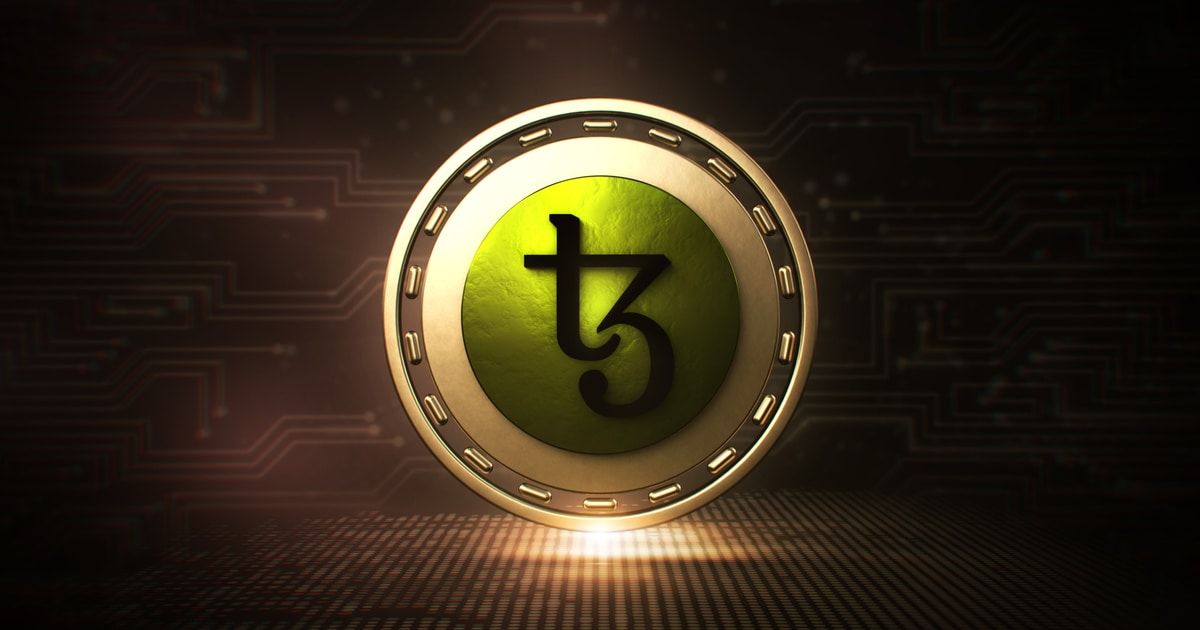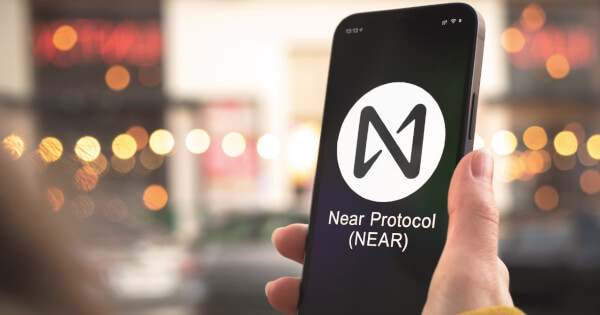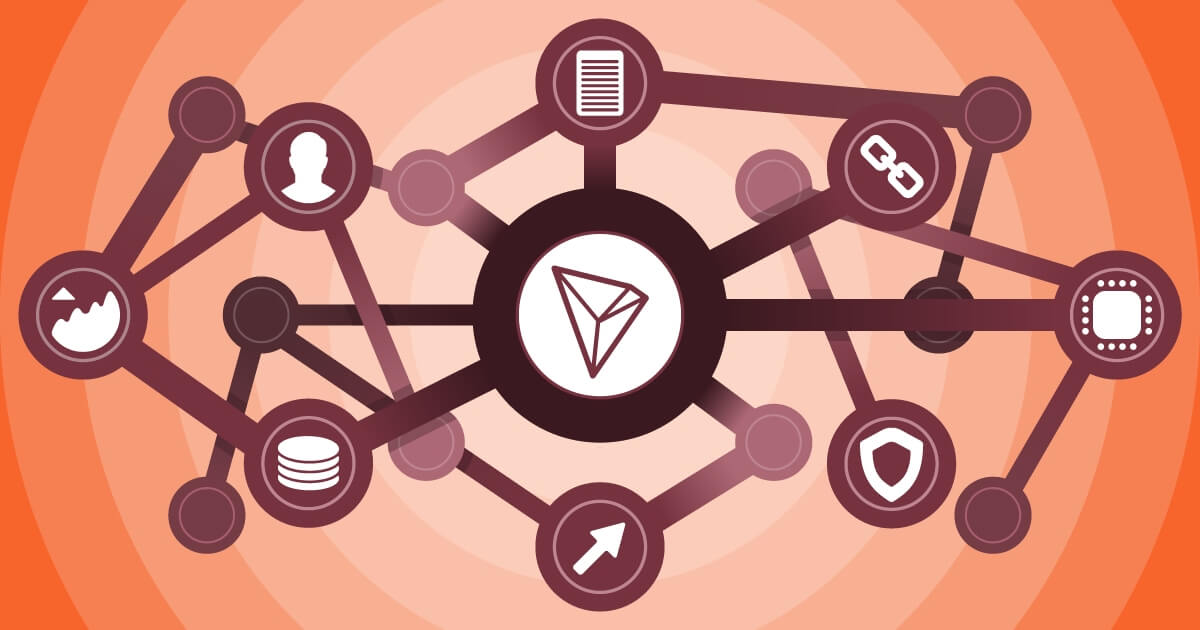
Blockchain technology can revolutionize the P2P ridesharing industry by creating a more equitable, secure and transparent system.
What is the future of blockchain in the ridesharing industry?
The potential for blockchain technology to change the ridesharing sector by bringing improved transparency, security and efficiency is promising.
By incorporating blockchain technology into ridesharing services, it is possible to develop decentralized networks that link drivers and passengers directly, cutting out the middleman. This may result in a more egalitarian system with lower transaction fees and the requirement for third-party payment processors, which would minimize driver and passenger expenses.
Furthermore, by leveraging blockchain’s tamper-proof and secure platform, drivers and riders can trust the system, leading to increased participation and greater user adoption. For example, blockchain-based platforms such as Arcade City offer trustless transactions and secure payments between riders and drivers, improving the overall user experience.
As blockchain-based ridesharing platforms face several obstacles despite the potential advantages, they need to demonstrate that they can scale, guarantee data privacy and security, and offer interoperability with current systems. Overall, a more effective and fair system for all users might be created by introducing blockchain technology in the ridesharing sector, altering how people travel in the future.
Are there any blockchain-based ridesharing platforms?
Ridesharing applications like Arcade City, DAV Network, Ridecoin, and Jolocom are a few examples of platforms using peer-to-peer ridesharing technology. They demonstrate the potential of blockchain technology to revolutionize the ridesharing industry and create a more efficient, transparent and secure platform for riders and drivers.
Arcade City
Arcade City is a decentralized ridesharing platform that uses blockchain technology to connect riders and drivers. The platform enables payments between passengers and drivers via smart contracts and offers post-ride customer ratings.
DAV Network
Using this blockchain-based platform, anyone may create and manage their own transportation services, including ridesharing, delivery, and logistics. By using blockchain technology, the platform facilitates safe, peer-to-peer transactions between users and drivers.
Ridecoin
Ridecoin is a blockchain-based ridesharing platform that uses its own cryptocurrency, RideCoin (RIDE), to facilitate payments between riders and drivers. To guarantee that drivers and passengers are safeguarded during the transaction, the platform also uses smart contracts.
Jolocom
Jolocom is a blockchain-based identification platform that enables users to safely store and exchange their data, including their identity and payment information. This could potentially be used to enable a more secure and decentralized ridesharing platform in the future.
What are the challenges to implementing blockchain in ridesharing?
While there are many potential benefits to implementing blockchain technology in ridesharing, there are also significant challenges, including regulatory and security risks.
The current infrastructure might not be able to manage the volume of transactions needed for a significant ridesharing platform due to the resource-intensive nature of blockchain technology. This might lead to longer transaction delays and higher costs.
In addition, integrating a blockchain-based ridesharing platform with existing systems and technologies may be complex and require significant infrastructure and resource investment. Moreover, the platform’s integrity could be jeopardized by security flaws like 51% attacks, even though blockchain technology is widely thought to be secure.
Related: What is a smart contract security audit? A beginner’s guide
The regulatory environment for ridesharing and blockchain technologies is intricate and dynamic. Regulators may need some time to develop a regulatory framework that supports the use of decentralized ridesharing services and fully comprehends the potential advantages and hazards of such platforms.
Because many customers may not be familiar with blockchain technology and may be unwilling to trust a new platform with their personal and financial information, the adoption of blockchain-based ridesharing systems may be gradual.
What are the benefits of peer-to-peer ridesharing with blockchain?
P2P ridesharing with blockchain has the potential to create a more secure, transparent and cost-effective platform that benefits both riders and drivers.
One of the main advantages of using blockchain technology for ridesharing is the possibility of building a decentralized network that connects passengers and drivers directly without using intermediaries like ride-hailing platforms. This can dramatically lower the price of ridesharing services, lowering the cost for passengers and increasing the profitability for drivers.
Carpooling with blockchain can further improve the security and privacy of rider and driver data by providing an open and secure data transmission and storage platform. For instance, the risk of data breaches and identity theft can be significantly decreased by adopting blockchain technology to store driver and rider data.
P2P ridesharing with blockchain can offer trustless transactions processed by a decentralized network of nodes rather than by a central authority. By providing a clear and unchangeable record of every transaction, blockchain can also assist in preventing fraud and guaranteeing drivers are paid fairly.
How does a blockchain-based ridesharing system work?
A blockchain-based ridesharing system uses distributed ledger technology to facilitate peer-to-peer transactions between riders and drivers without needing a central authority.
Here’s how it typically works:
- Registration: Riders and drivers register on the blockchain-based ridesharing platform by creating a digital identity. The platform may require users to provide personal information, such as their name, phone number and payment information.
- Ride request: When making a ride request, a passenger must include the pick-up and drop-off locations, the vehicle they need and the fare they are prepared to pay. This information is stored on the blockchain.
- Driver selection: The algorithm matches the rider with a driver who fits their needs. The ride request may be approved or denied by the driver.
- Ride confirmation: The smart contract is activated to start the ride if the driver agrees. The rider is informed of the driver’s arrival and the anticipated arrival time.
- Ride completion: The smart contract automatically determines the fare when the ride is finished based on the distance traveled and the required time. Digital currency is transferred from the rider’s digital wallet to the driver’s digital wallet to make the payment.
- Rating and review: Following the ride, the passenger and the driver rate one another on the platform. The reputation of the driver and the rider is impacted by these ratings, which are stored on the blockchain.
- Dispute resolution: The platform might provide mediation services to settle a dispute if there is one between the rider and the driver. If the issue cannot be settled, the platform might refund the rider.
- Payout: The driver can withdraw their earnings from their digital wallet to their bank account.
Smart contracts and digital currency can streamline payment processes, lower fraud risks and do away with the requirement for a central authority to oversee transactions. Disputes between riders and drivers may be resolved through self-executing agreements and a decentralized arbitration process.
An independent arbitrator or panel of arbitrators will be used in this procedure to reach a verdict based on the provisions of the smart contract and any pertinent data or evidence. The smart contract then automatically carries out the arbitrator’s ruling.
What is the role of blockchain in ridesharing?
Blockchain technology can improve ridesharing services in several ways, including a decentralized ride-hailing platform, secure identity verification, smart contract-enabled payments, transparent and auditable records, and token-based incentives.
A blockchain-based ridesharing platform can connect riders and drivers without the need for intermediaries, such as ride-hailing companies. This may offer a more economical and effective way for drivers to make money and for passengers to acquire transportation.
Blockchain technology can securely verify the identities of passengers and drivers without depending on conventional identity verification techniques that may be subject to hacking or other security breaches.
By automating payments between drivers and passengers, smart contracts can eliminate the need for intermediaries and boost payment accuracy and speed. Furthermore, blockchain technology can provide a visible and unchangeable record of all trips, payments and other transactions, lowering fraud and increasing accountability.
Tokens can be used as rewards on a blockchain-based ridesharing platform to promote positive behavior from passengers and drivers. For example, drivers who offer good service could be rewarded with tokens to exchange for different perks or benefits.
What is peer-to-peer ridesharing?
Peer-to-peer (P2P) ridesharing can be an affordable alternative to traditional taxis or personal cars, especially for people who don’t want to own a car or need to travel longer distances.
Peer-to-peer ridesharing, sometimes called carpooling or ride-sharing, is a mode of transportation in which people share a vehicle with one or more other passengers traveling in the same direction. Instead of professional drivers, this ridesharing uses private individuals who share rides.
A rider and a driver agree to share a ride in a P2P ridesharing system, typically over a smartphone app or website that links them. The driver offers a ride, and the rider pays a fee to share the costs of the journey. The charge often includes the cost of fuel, maintenance on the car, and any tolls or parking charges.
Peer-to-peer ridesharing has grown in popularity over the past few years, especially with the rise of mobile apps like Lyft, Uber and BlaBlaCar. It can alleviate traffic congestion and parking requirements while offering a more cost-effective and environmentally friendly alternative to traditional taxis or private vehicles.

You can get bonuses upto $100 FREE BONUS when you:
💰 Install these recommended apps:
💲 SocialGood - 100% Crypto Back on Everyday Shopping
💲 xPortal - The DeFi For The Next Billion
💲 CryptoTab Browser - Lightweight, fast, and ready to mine!
💰 Register on these recommended exchanges:
🟡 Binance🟡 Bitfinex🟡 Bitmart🟡 Bittrex🟡 Bitget
🟡 CoinEx🟡 Crypto.com🟡 Gate.io🟡 Huobi🟡 Kucoin.















Comments